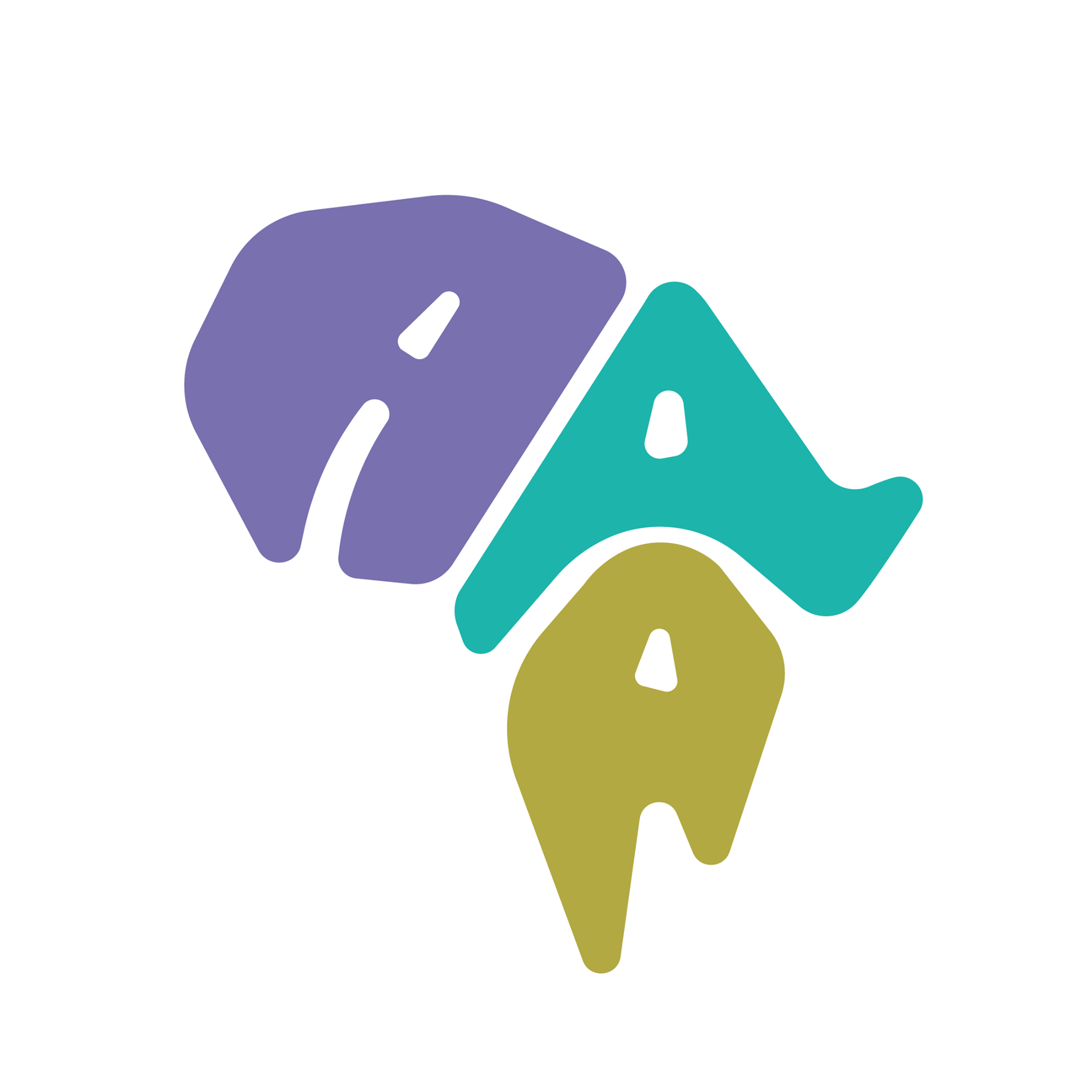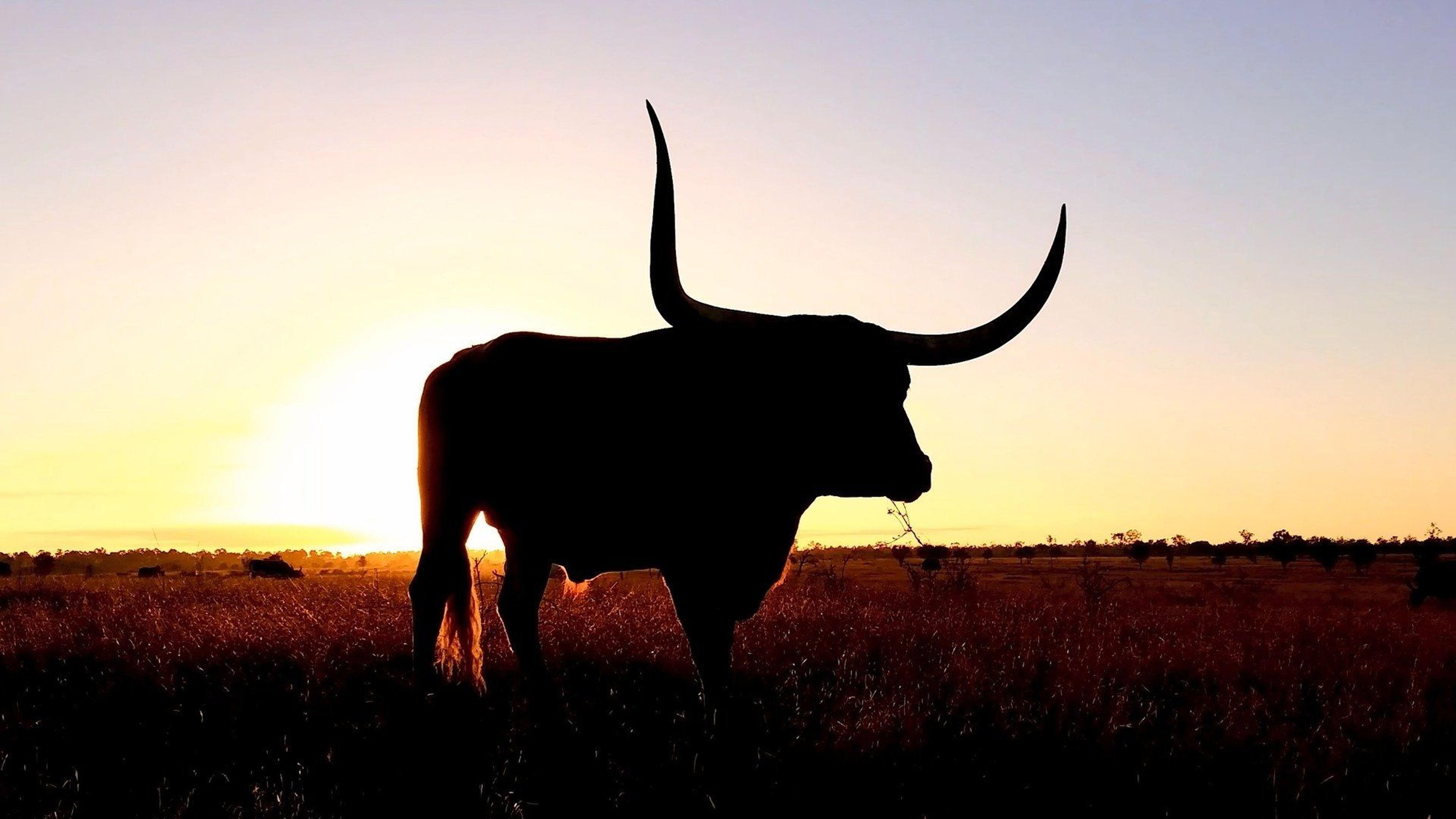
Animal Advocacy Africa
Animal Advocacy Capacity Building
Animal Advocacy Africa aims to strengthen animal welfare in Africa by empowering local animal advocacy organizations and individual advocates with skills, knowledge, and resources to effectively mitigate the rise of intensive farming practices and enhance farmed animal wellbeing.

What problem is Animal Advocacy Africa working on?
Animal Advocacy Africa (AAA) aims to prevent the spread of and address existing harms in industrial animal agriculture in Africa. They do so by building an effective, resilient, and well-resourced farmed animal advocacy movement in Africa. AAA shared the following fast facts related to the problem they are working on, and their approach to solving it:
- The human population of Africa is expected to nearly triple by 2100. Global meat production in Africa has nearly doubled since 2000, and this rate is expected to increase to match the growing population and growing wealth of the continent.
- Approximately 3.4 billion land-based farmed animals live in Africa as of 2020. The predicted rate of increase of these and of aquatic farming in Africa is the largest of all continents.
- Farmed animal welfare is incredibly neglected in Africa – in 2024, only an estimated $3 million went to farmed animal causes in Africa, compared to around $95 million and $125 million in Europe and North America alone.
- Growing signs of animal agriculture industrialisation in African countries is a concern that threatens to instate factory farming conditions. This shift towards industrialisation, without implementing humane and sustainable agricultural practices or establishing high welfare standards, may lead to the potential suffering of trillions of land and aquatic farmed animals and contribute to global health crises and climate change.
- AAA believes now is a critical time to help build the animal movement in Africa before animal farming practices become more intensive.
AAA is one of the first EA-aligned organisations dedicated to building the capacities of individual advocates and animal advocacy organisations in Africa. It achieves this by nurturing the interest of prospective advocates and developing the essential skills and knowledge needed to effectively help animals in Africa.
What does Animal Advocacy Africa do?
- In response to the identified lack of capacity among animal advocacy organisations in Africa, AAA started by providing support to animal advocacy organisations to develop key aspects of effective, evidence-based charities – including fundraising, strategy, operations, and communications. The biggest outcomes from this work were the launch of two organisations with a strong focus on high-impact interventions: Animal Welfare League in Ghana and Animal Welfare Competence Center for Africa in Uganda.
- In the second half of 2023, AAA shifted its focus from working with organisations to helping individual advocates achieve more impact via a training programme (details on their reasoning can be found in their 2023 review). Through this initiative, AAA aims to cultivate a network of advocates prepared to launch new farmed animal advocacy initiatives or join existing organisations within Africa. The first two cohorts resulted in six new organisations incubated through the programme, with five still running highly promising programmes and one shutting down after their pilot. Further outcomes from this training programme beyond the incubated organisations are detailed in AAA’s yearly reviews.
- In late 2025, AAA introduced a new programme to support broader movement building and career support for (aspiring) animal advocates in Africa - beyond starting new nonprofits or supporting existing ones. This programme is still in its early stages and will be evaluated after its pilot.
- AAA offers assistance to donors interested in contributing to African animal advocacy initiatives by regranting or offering due diligence advice. This enables donors to make better decisions and tax-deductible donations to promising grassroots animal advocacy projects.
AAA publishes research about the animal advocacy landscape in Africa. All reports can be found on their website.
What information does Giving What We Can have about the cost-effectiveness of Animal Advocacy Africa?1.
We don't currently have further information about the cost-effectiveness of Animal Advocacy Africa beyond it doing work in a high-impact cause area and taking a reasonably promising approach.
At Giving What We Can, we focus on the effectiveness of an organisation's work -- what the organisation is actually doing and whether their programs are making a big difference. Some others in the charity recommendation space focus instead on the ratio of admin costs to program spending, part of what we’ve termed the “overhead myth.” See why overhead isn’t the full story and learn more about our approach to charity evaluation.